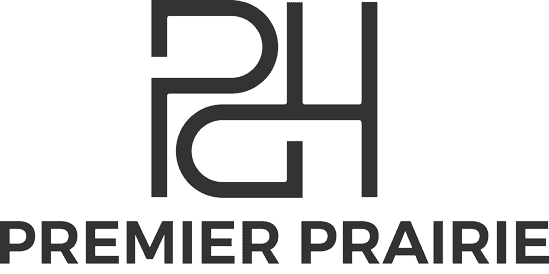Finding a good tenant isn’t just luck—it’s a process. Whether you’re renting out a basement suite or managing multiple units, the quality of your tenants can make or break your rental experience. Here’s how to confidently choose the right tenant while protecting your property and peace of mind.
1. Pre-Screen Before You Book a Showing
Before setting up viewings, filter out unqualified applicants early. Use a pre-screening questionnaire (Google Forms works well) to ask:
- What’s your monthly income?
- How many people will live in the unit?
- Do you have pets or plan to smoke?
- Why are you moving?
Pro Tip: Ideally, household income should be at least 3x the monthly rent. This helps ensure they’ll also have enough for groceries, transportation, and other living expenses—without falling behind.
Ask More About Pets: “Do you have pets?” isn’t enough. A single goldfish is very different than four “emotional support” dogs. Clarify the type, size, and number of pets early on to avoid surprises.
2. Require a Completed Application
Every serious applicant should fill out a rental application. Collect:
- Proof of income (pay stubs, benefit statements, or bank statements)
- Employment references and contact info
- Landlord references
- Government-issued ID
Bonus tip: Use a standardized application so all applicants are evaluated fairly.
3. Run a Background and Credit Check
Always verify the information provided with a third-party tenant report. Services like SingleKey or Naborly can show:
- Credit score and debt load
- Employment verification
- Eviction history
- (Optional) Criminal background
You can also search CanLII.org, a free database of Canadian legal cases, including Residential Tenancy Board proceedings in Saskatchewan. If an applicant has been through an eviction hearing or claim with the ORT, it may appear here—this can be a valuable red flag.
4. Call References – The Most Skipped Step, But the Most Important
This is where most landlords slip up—but it’s also where your gut will be confirmed (or not).
True Story: I once screened an applicant who listed their current manager as a reference. The reference gave a glowing review. But something felt off—dates and titles didn’t quite line up. I called the company directly and learned the applicant had actually been fired four months earlier. That “manager”? A friend.
It’s easy to forge or manipulate references. When in doubt, trust your gut—and double-check.
When calling past landlords or employers, ask:
- Did they pay rent on time?
- Any complaints, damages, or disputes?
- Would you rent to/employ them again?
5. Outline Expectations Clearly in the Lease
Once approved, a clear lease is your best friend. Be sure it covers:
- Pet and smoking rules
- Garbage and utility responsibilities
- Noise and quiet hours
- Subletting or guests
- Move-in/move-out procedures
Always include a walkthrough inspection form, signed at both move-in and move-out. This protects you and helps ensure a smooth damage deposit process.
Final Thoughts: Good Tenants = Great Investments
Tenant screening isn’t about being picky—it’s about protecting your investment, your time, and your peace of mind. By following a clear screening process and trusting your gut, you’re far more likely to land a tenant who respects your space and pays on time.
Feeling overwhelmed? At Premier Prairie Property Management, we help Saskatoon landlords find qualified, respectful tenants—fast. From pre-screening to signed leases, we’ve got it handled.
